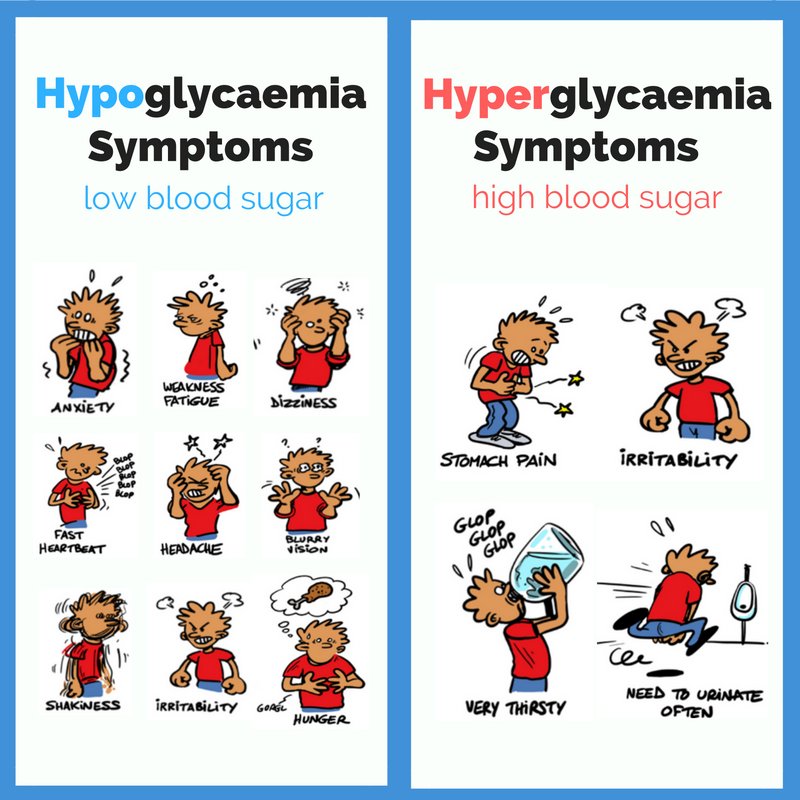Image source: http://nicolabravetti.com/images/bing-vs-google-review_10833076.jpg
Huck Finn and Scout Finch are two of American literature's most memorable and endearing narrators. One of the reasons they offer such fresh perspectives on the world is that they're still at the age where wiping your hands on the tablecloth is a pardonable offense. In other words, their being only partly "sivilized" not only gives them an outsider's perspective on the community, adulthood, and social convention, but also allows them to critique their findings with a certain level of immunity.
While the two stories have a lot of thematic overlap (i.e. rambunctious preteen narrators grappling with racism and social conditioning), one of the more interesting points of comparison is their portrayals of mob mentality, which is inherently tied up in the larger overall social behavior that Huck and Scout are both actively resisting. In Adventures of Huckleberry Finn, a lynch mob develops in response to the shooting of a good-natured drunk. Gathering makeshift weapons and clotheslines, a faceless, leaderless crowd amasses in the front yard of the shooter, Colonel Sherburn, who then proceeds to do absolutely nothing.
Looking over the crowd, Sherburn laughs, remarking that "a MAN'S safe in the hands of ten thousand of your kindas long as it's daytime and you're not behind him." Sherburn then explains that a mob is a) the "pitifulest" thing on earth, b) only successful if at least one real "man" is present, and c) "BENEATH pitifulness" without any man leading it. With the spell broken, the crowd scatters like cockroaches - Huck included (though he insists he "could a stayed if [he] wanted to").
Rather than appeal to his townspeople's individual humanity, Sherburn uses the fact that they are a crowd against them; by reminding members everyone that their power is borrowed from their numbers, Sherburn makes himself the strongest person present by default. And because the mob lacks so much as one individual figurehead to look to for direction (or use as a psychological scapegoat), everyone becomes aware of their own cowardice (not to mention, culpability) in the matter.
To Kill a Mockingbird offers a very different depiction of mob psychology. Scout Finch's father, Atticus, has a run-in of his own after agreeing to defend a black man in court in 1930's Alabama. Expecting trouble one particular night, Atticus stands guard for his client outside the jailhouse door and is none too surprised when four cars pull up full of angry men. Although he holds firm, Scout and Jem unexpectedly crash the scene before we have a chance to see if Atticus prevails.
Picking the familiar face of Mr. Cunningham out of the crowd, Scout tries to strike up a friendly conversation in the way that only a seven-year-old can - but because her overtures at friendship are so mind-bogglingly out-of-place, everyone is stunned into silence. Racking her brain for topics, Scout tries to discuss the Mr. Cunningham's legal troubles as well as his son (who was "real nice" about the fact that Scout "beat him up one time") before finally getting him to speak. Reminded at last of the fact that he is a father, family friend, and human being, Mr. Cunningham comes to his senses, acknowledges Scout's regards, and tells the mob to call it a night.
In contrast to Sherburn's mob, Atticus's mob is dismantled by being reminded that it isn't just an anonymous group; every man in it is somebody's father, brother, uncle, son, husband, friend, etc., just like Atticus Finch himself. Moreover, the fact that their intended victim's daughter not only cannot conceive of what they intend to do, but also wants to make friends is a startling splash of water in all their faces.
In the event that you don't have an adorable seven-year-old handy, however, simply calling everyone a bunch of cowards will do just fine too.
